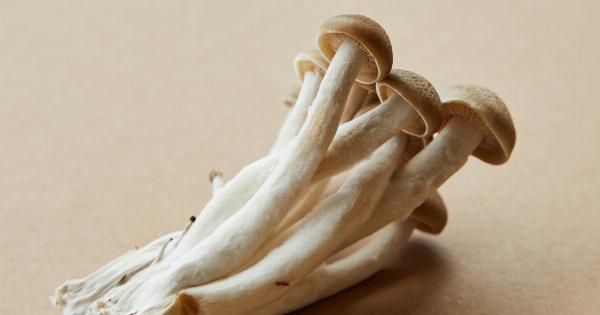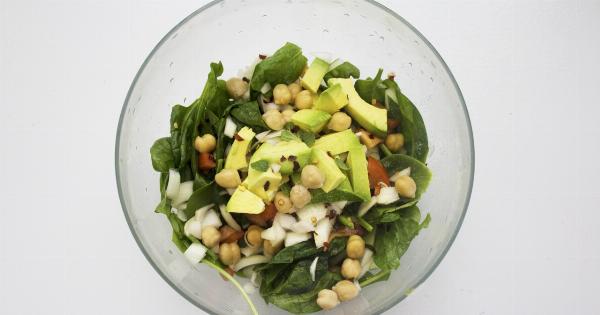Olive products are known for their health benefits and are widely used in Mediterranean cuisine. The nutritional value of olive products can vary depending on various factors such as the type of olives, processing methods, and added ingredients.
In this article, we will explore the olive products that are highest in nutritional value, allowing you to make informed choices for your diet.
1. Extra Virgin Olive Oil
Extra virgin olive oil is the highest grade of olive oil, obtained directly from olives through mechanical means. It is revered for its exceptional nutritional profile.
Extra virgin olive oil is rich in monounsaturated fats, which are considered heart-healthy and beneficial for reducing LDL cholesterol levels. It is also a good source of vitamin E, an antioxidant that helps protect the body from oxidative stress.
2. Whole Olives
Whole olives, whether green or black, are a delicious and nutritious snack. They are packed with essential nutrients such as fiber, vitamin E, iron, and copper. Olives also offer a good amount of healthy fats, particularly monounsaturated fats.
However, it is important to note that olives are high in sodium, so moderation is key, especially for individuals with hypertension.
3. Olive Tapenade
Olive tapenade is a flavorful spread made from finely chopped olives, capers, garlic, and olive oil. This condiment is a great source of healthy fats and offers the nutritional benefits of olives, such as vitamin E and monounsaturated fats.
Additionally, capers used in its preparation contribute dietary fiber, vitamin C, and antioxidants to the tapenade.
4. Olive Leaf Extract
Olive leaf extract is derived from the leaves of the olive tree and has gained popularity due to its potential health benefits.
It contains a high concentration of polyphenols, including oleuropein, which has antioxidant and anti-inflammatory properties. Olive leaf extract is also known for its potential antimicrobial effects and may support immune function.
5. Olive Pesto
Olive pesto is a variation of the classic basil-based pesto, where olives replace or supplement the basil leaves. Olives used in pesto provide a burst of flavor and contribute essential nutrients, including healthy fats and vitamin E.
Additionally, the other ingredients commonly found in pesto, such as garlic, pine nuts, and Parmesan cheese, add their own nutritional value to the sauce.
6. Olive Bread
Olive bread is a savory bread that features chopped or sliced olives in the dough. It is an excellent source of whole grains and offers the nutritional benefits of olives.
Depending on the recipe, olive bread may contain additional ingredients such as olive oil, herbs, or cheese, further enriching its flavor and nutritional value.
7. Olive Tapas
Olive tapas, such as stuffed olives, marinated olives, or olives combined with other ingredients, are popular choices for appetizers around the world.
They are not only delicious but also provide a variety of nutritional benefits, including healthy fats, fiber, vitamins, and minerals. The added ingredients, such as cheese, anchovies, or peppers, can further enhance the taste and nutritional value of olive tapas.
8. Olive Brine
While not a direct olive product, olive brine, the liquid in which olives are stored, offers some nutritional value. Olive brine contains the flavors and nutrients that leach from the olives, including vitamins, minerals, and antioxidants.
It is often used as a flavorful addition to cocktails, marinades, or dressings.
9. Olive Marinades
Marinating meat, fish, or vegetables in an olive-based marinade infuses them with both flavor and nutritional benefits. Olive marinades can contain olive oil, herbs, spices, and other ingredients that enhance the taste and contribute to overall health.
The combination of olive oil and herbs or spices adds antioxidants, anti-inflammatory compounds, and potentially antimicrobial properties to the marinade.
10. Olive Hummus
A nutritious twist to the classic chickpea-based dip, olive hummus incorporates olives into the recipe for added flavor and nutrition.
Chickpeas used in hummus provide dietary fiber and plant-based protein, while olives contribute healthy fats and various antioxidants. Olive hummus can be enjoyed as a dip or spread, offering a tasty and nutritious option for snacking.






























